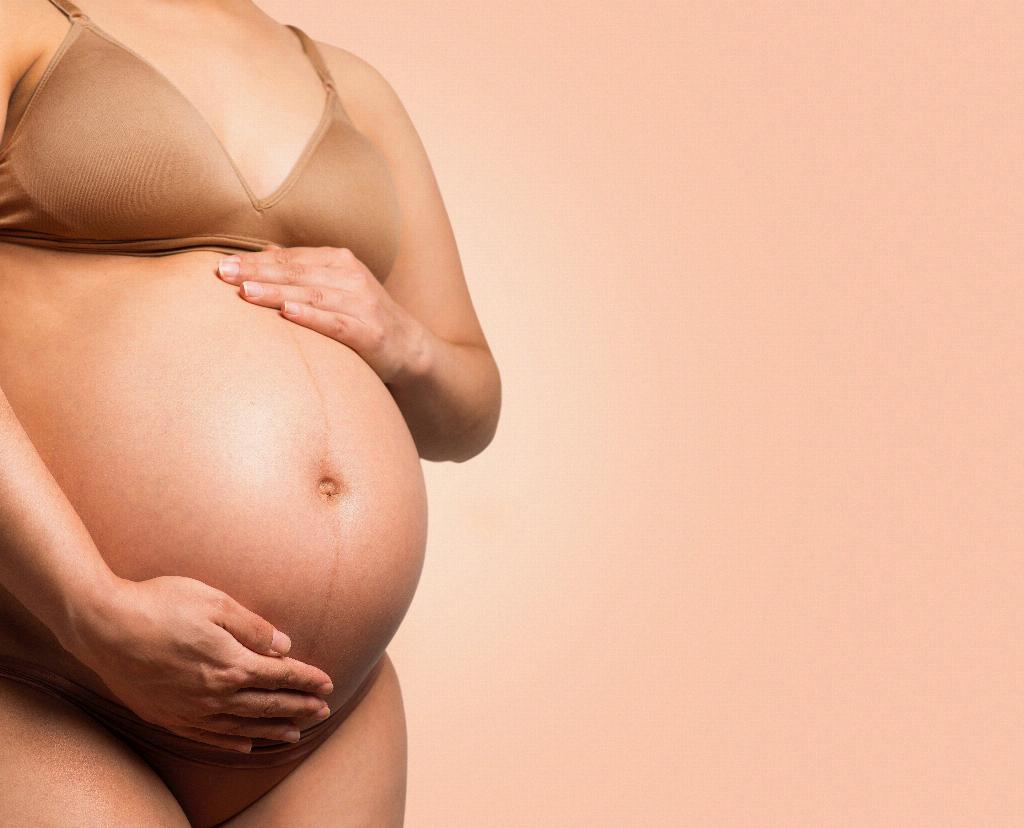Feeling your baby move is not only an exciting milestone but also an important indicator of your baby’s well-being. At 30 weeks, you should definitely be feeling your baby move on a regular basis. Those tiny kicks and stretches are a reassuring sign that your little one is growing and developing as expected.
At this stage of your pregnancy, you may notice a change in the type of movements you feel. Your baby is now larger and has less space to somersault, so you may feel more pronounced kicks and jabs instead of the previous flips and rolls. This shift in movement patterns is completely normal and reflects your baby’s cramped quarters inside your womb.
It’s essential to pay attention to your baby’s movements and keep track of them. If you notice a significant decrease in movement or a change in the pattern of movements, it’s important to contact your healthcare provider immediately. While some changes in movement are normal as your baby grows, sudden and drastic changes could indicate a potential issue that needs to be addressed promptly.
Another essential aspect to consider at 30 weeks is preparing for the big day. Taking a tour of your chosen hospital or birthing center can help you familiarize yourself with the environment and ease any anxiety you may have about the upcoming delivery. Additionally, now is a good time to start thinking about childcare arrangements for your baby once they arrive.
Feeling connected to your baby through their movements is a beautiful part of the pregnancy journey. It allows you to bond with your little one even before they are born. The kicks, nudges, and squirms you feel at 30 weeks serve as a constant reminder of the precious life growing inside you, strengthening the special bond between mother and child.
While it’s normal to feel excited and eager to experience every movement your baby makes, it’s also important to take care of yourself during this final trimester. Remember to rest when needed, stay hydrated, and eat a well-balanced diet to support both your own health and the development of your growing baby.
Every pregnancy is unique, and the experience of feeling your baby move at 30 weeks can vary from person to person. Some may feel vigorous movements throughout the day, while others may notice more subtle sensations. Trust your instincts and reach out to your healthcare provider if you have any concerns about your baby’s movements or overall well-being.
As you approach the final weeks of your pregnancy, it’s natural to have a mix of emotions ranging from excitement to nervousness. The anticipation of meeting your baby face to face can be overwhelming, but it’s important to cherish these last moments of carrying your little one inside you. Take time to reflect on the journey you’ve been on and the incredible miracle of life growing within you.
In the midst of all the preparations and physical changes you’re experiencing, don’t forget to take moments for yourself to relax and unwind. Whether it’s reading a book, taking a warm bath, or engaging in a gentle exercise routine, self-care is crucial during this transformative period in your life.
Being in tune with your body and your baby’s movements at 30 weeks is a wonderful way to stay connected to the miracle of pregnancy. Embrace the changes, cherish the movements, and trust in the incredible process of bringing new life into the world. Each kick and flutter are reminders of the incredible journey you’re on as you prepare to welcome your little one into your arms.
Remember that feeling your baby move is not just a physical sensation but a profound emotional experience that deepens the bond between you and your unborn child. Treasure these moments, savor the connection, and relish in the anticipation of holding your precious baby in your arms very soon.

